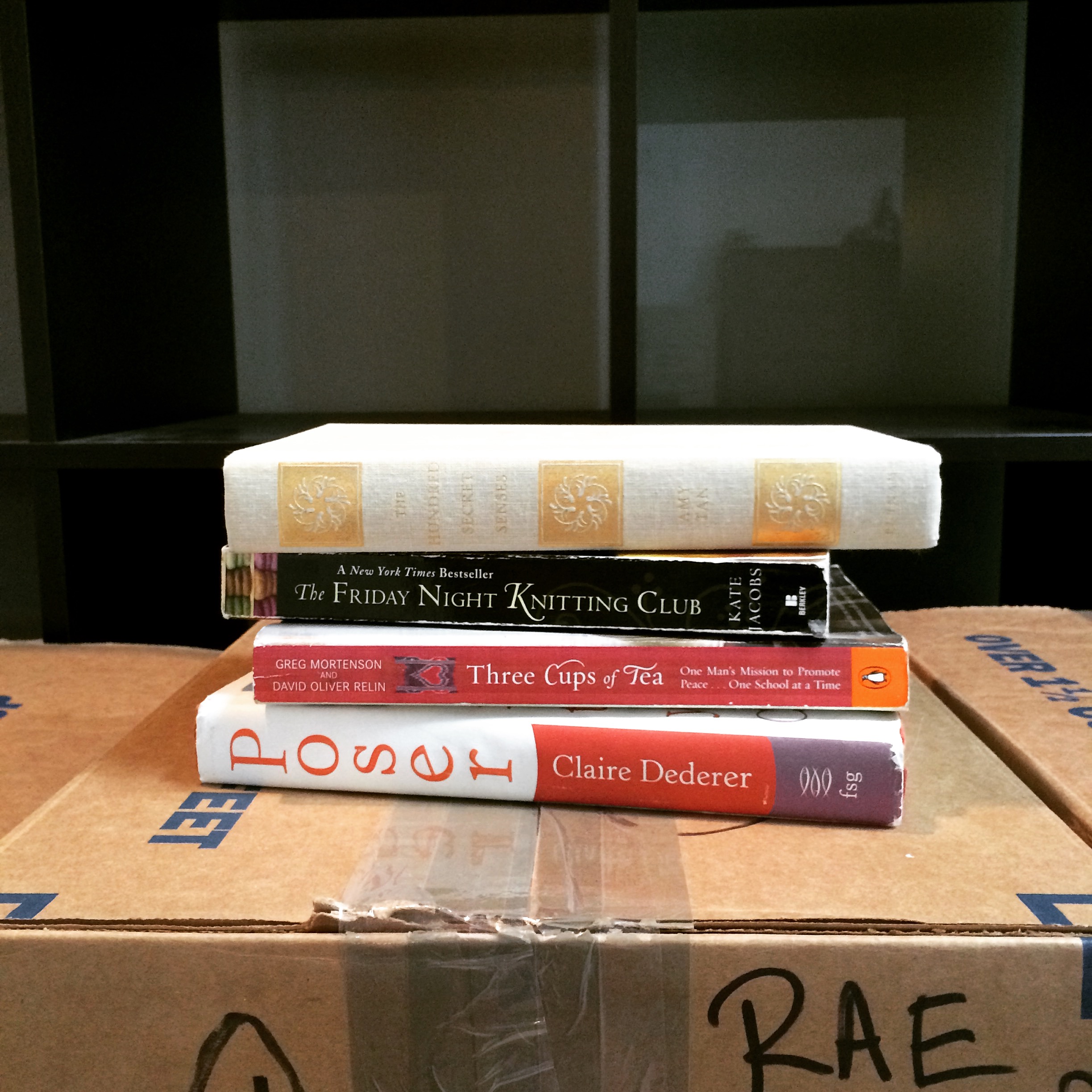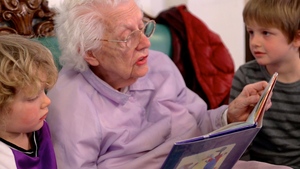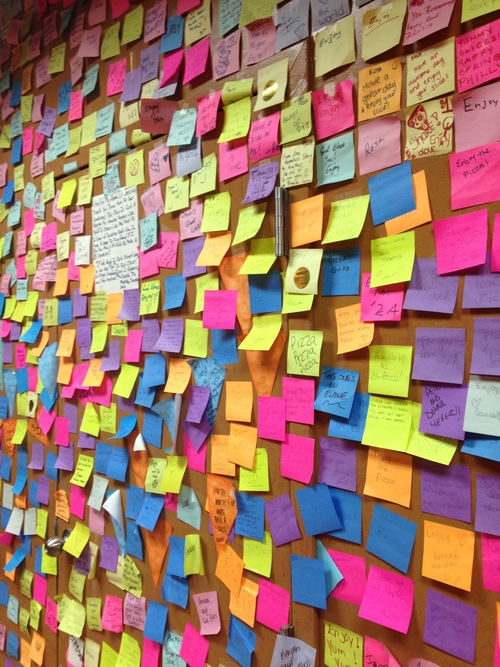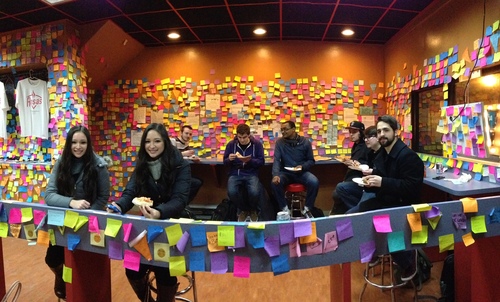I’m going to talk to you about words, but I don’t want to drumble. Not familiar with drumble? (Neither is my writing program, because that word was underlined in red as soon as I typed it.) It’s a new verb meaning to drone, blather, or ramble on, and it was one of the more than 500 words and phrases added to the Oxford English Dictionary in June of this year. Each quarter, the OED is updated to include revised versions of current entries as well as new listings from A to Z. We like to think of all of these additions as original to the times, but some of the words we’re using today have a long-standing history.
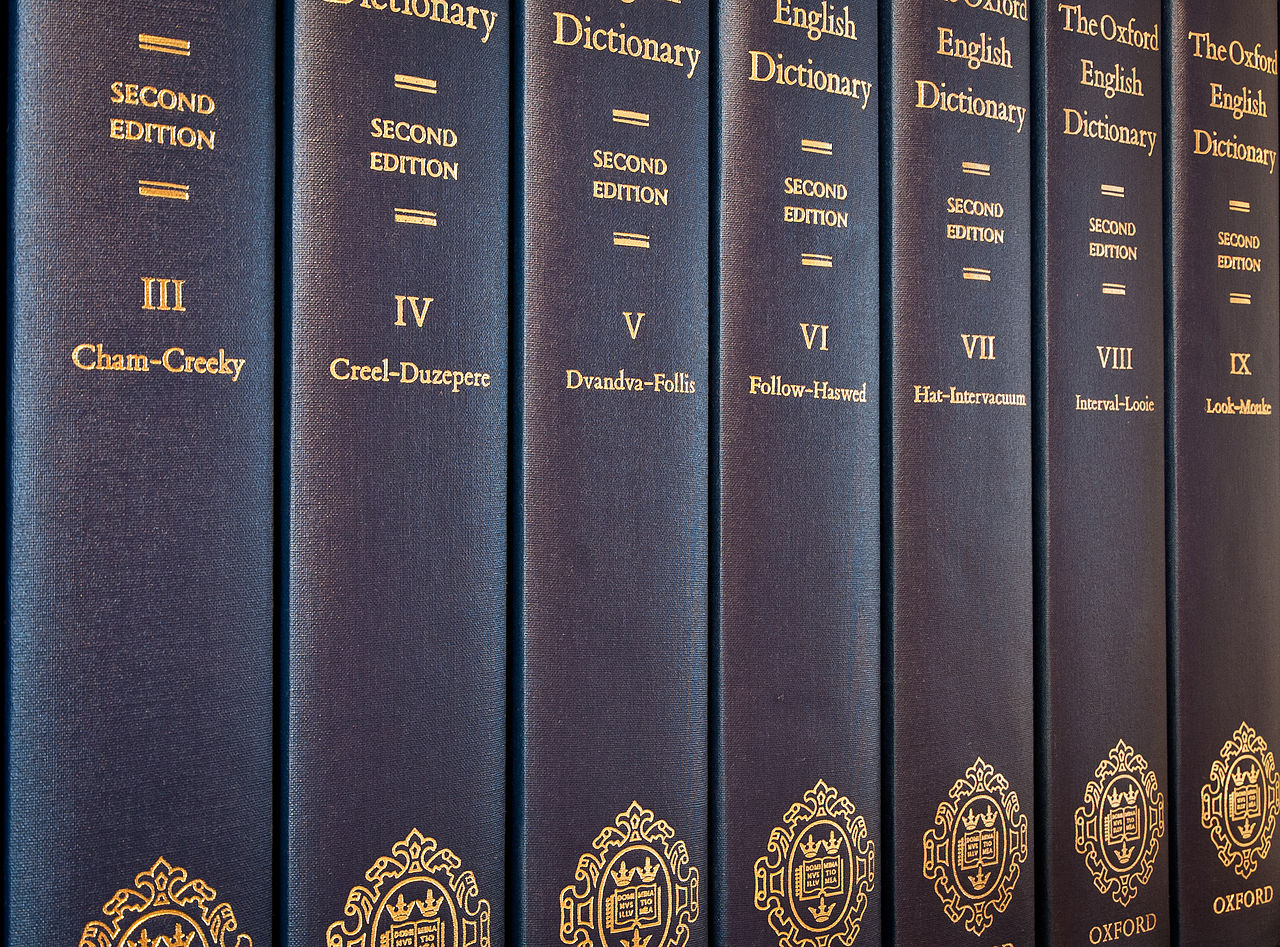
photo by mrpolyonymous via Wikimedia Commons
For example, the recent dance move known as twerking claims its origins from the 1990s dance clubs of New Orleans, but it was actually used as a noun over 170 years ago in a letter written by Charles Clairmont (author Mary Shelley’s stepbrother): ‘Really the Germans do allow themselves such twists & twirks of the pen, that it would puzzle any one.’
Or how about choss, a specialized vocabulary word used by rock climbers and mountaineers to mean a friable, crumbly, or loose rock, typically considered unsafe or unpleasant to climb? The OED’s first citation of this word is from a letter written by Margaret Mitchell, author of Gone with the Wind, in 1937: “The excellent word our family used to denote the condition of our house when painters, paperers, and upholsterers were ravaging it—’choss’. We have been in a state of choss for some time, and the smell of newly painted woodwork was so bad that it gave both of us colds and bronchial coughs.”
Other trendy words added last month include crowdfund, declutter, freegan, hot mess, meh, photo bomb, retweet, SCOTUS, totes (as in totally), webisode and yarnbomb. The complete list of additions can be found at Oxford English Dictionary.
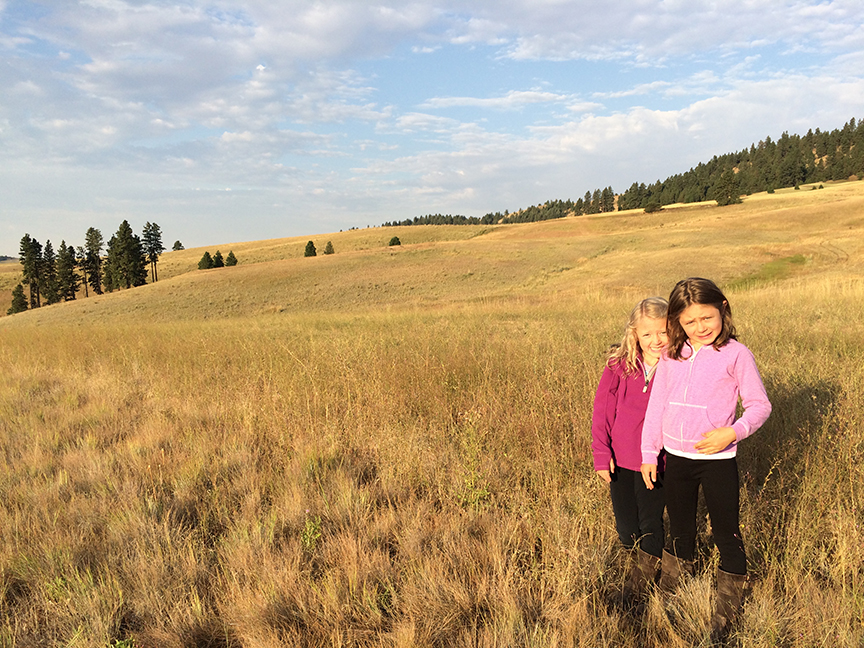
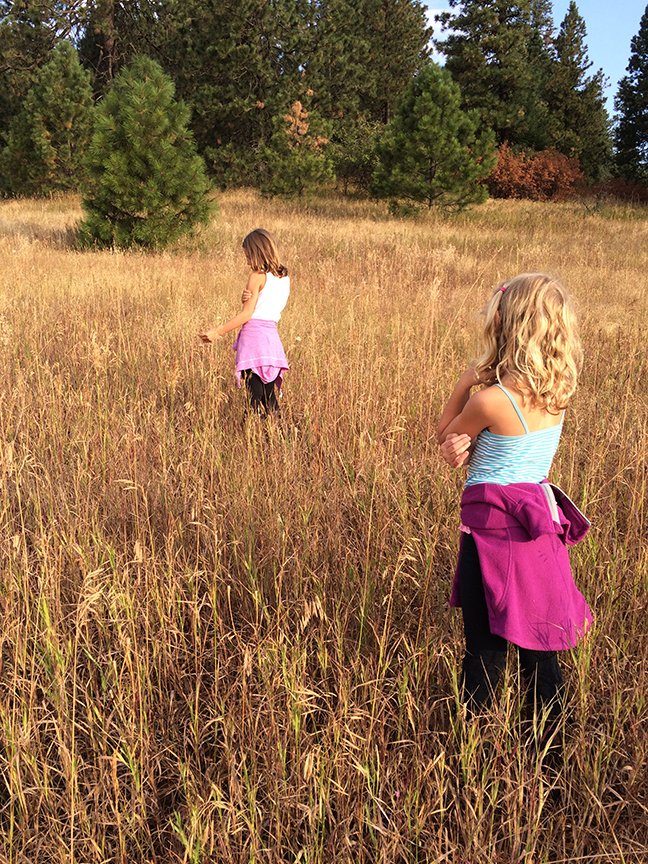
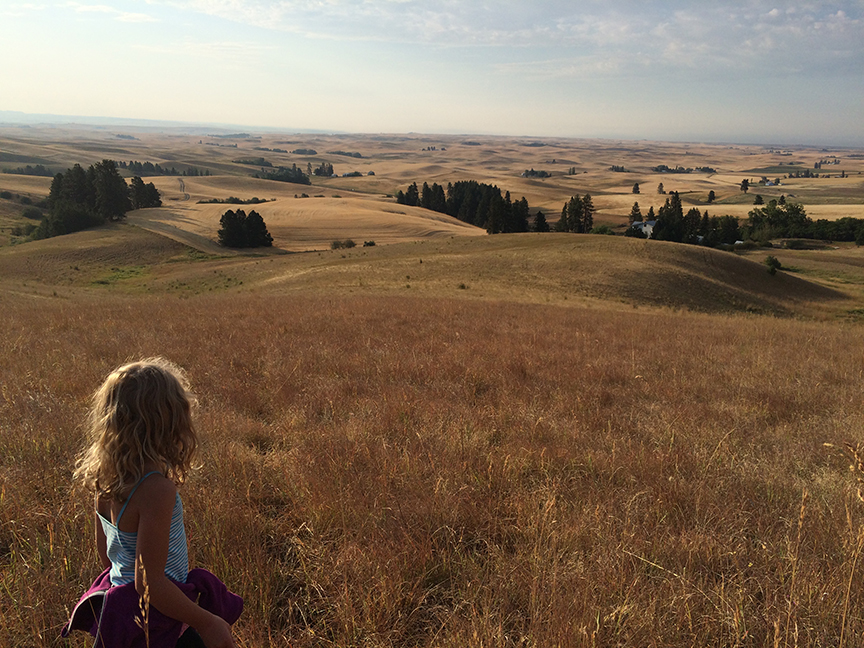
















































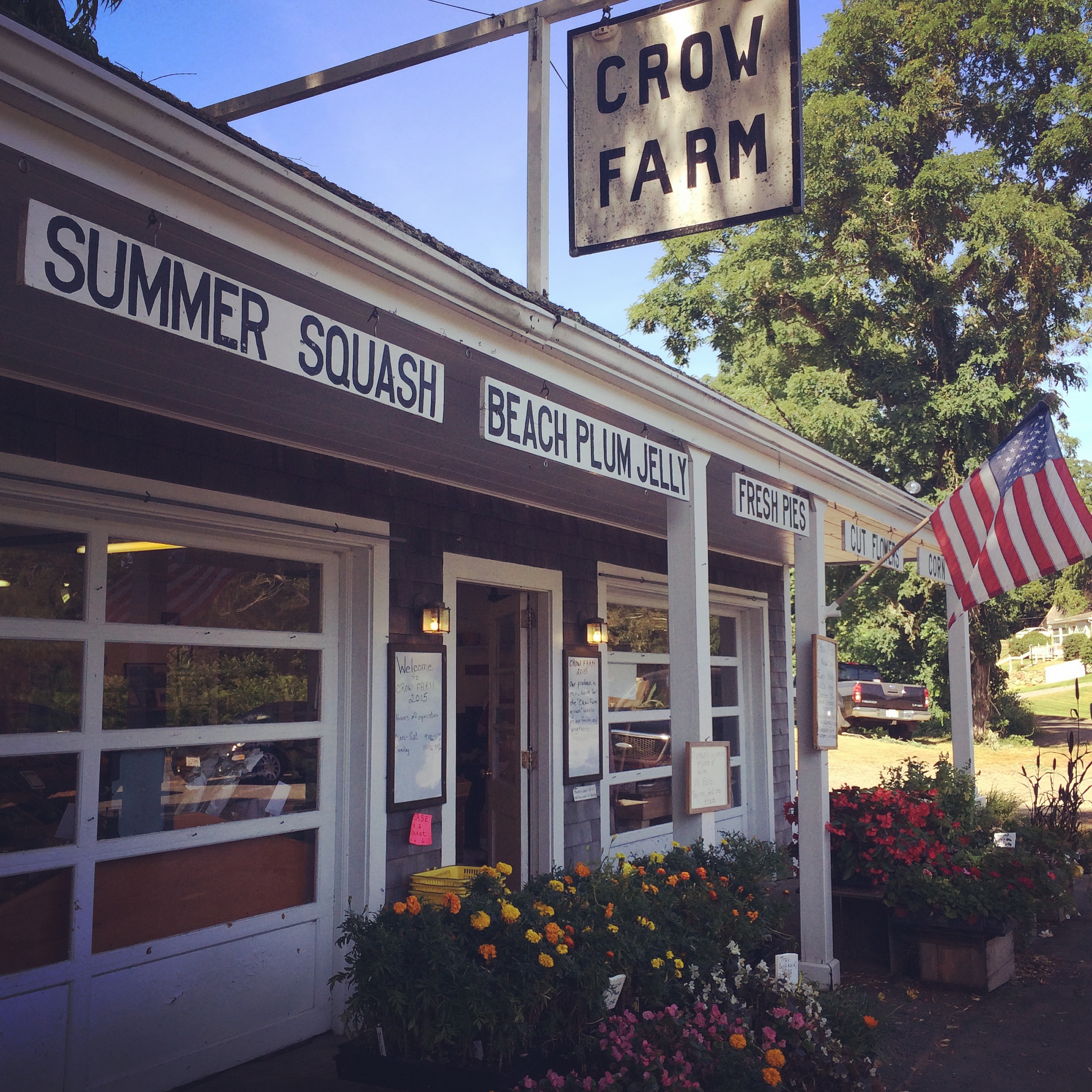
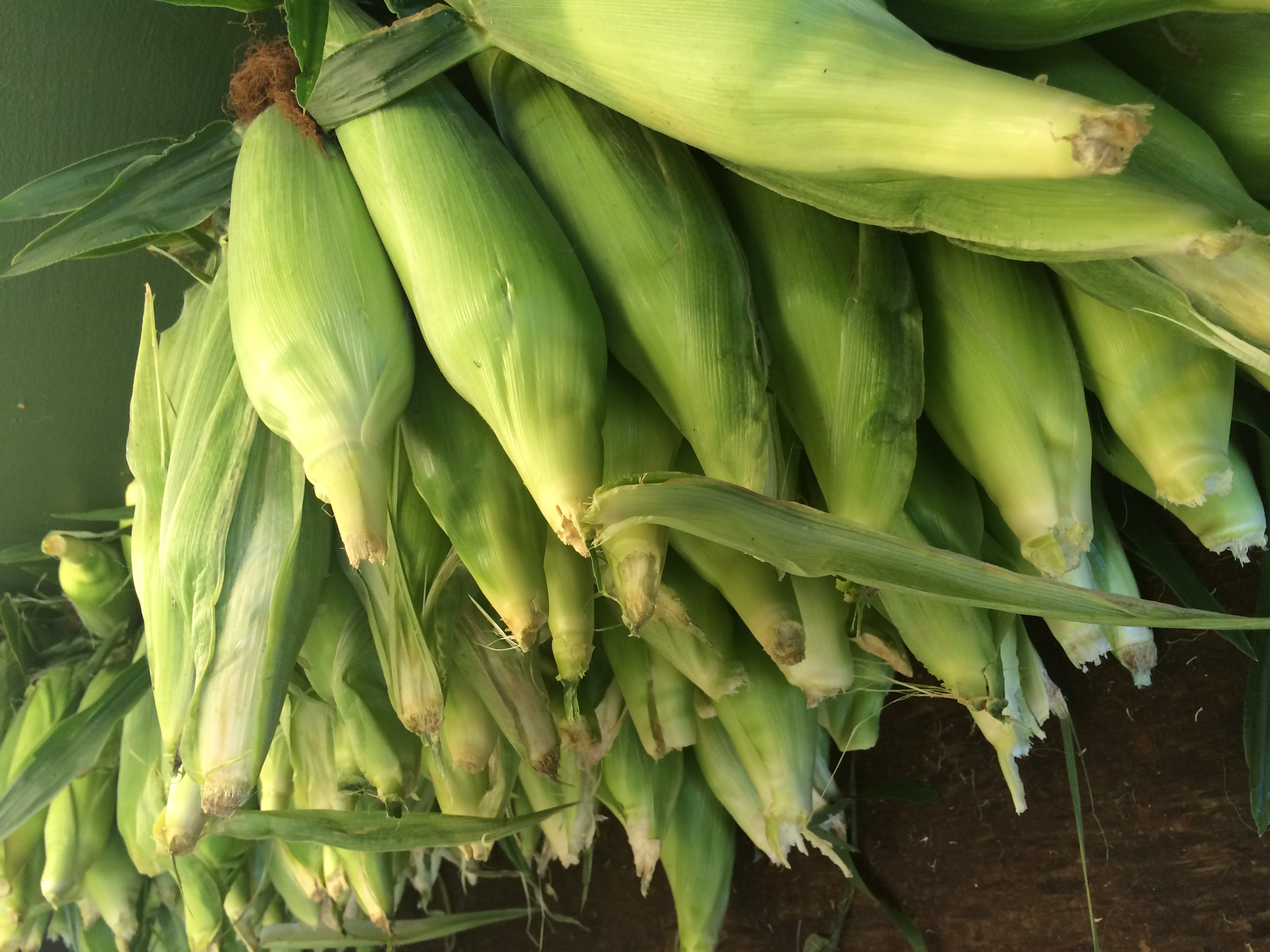
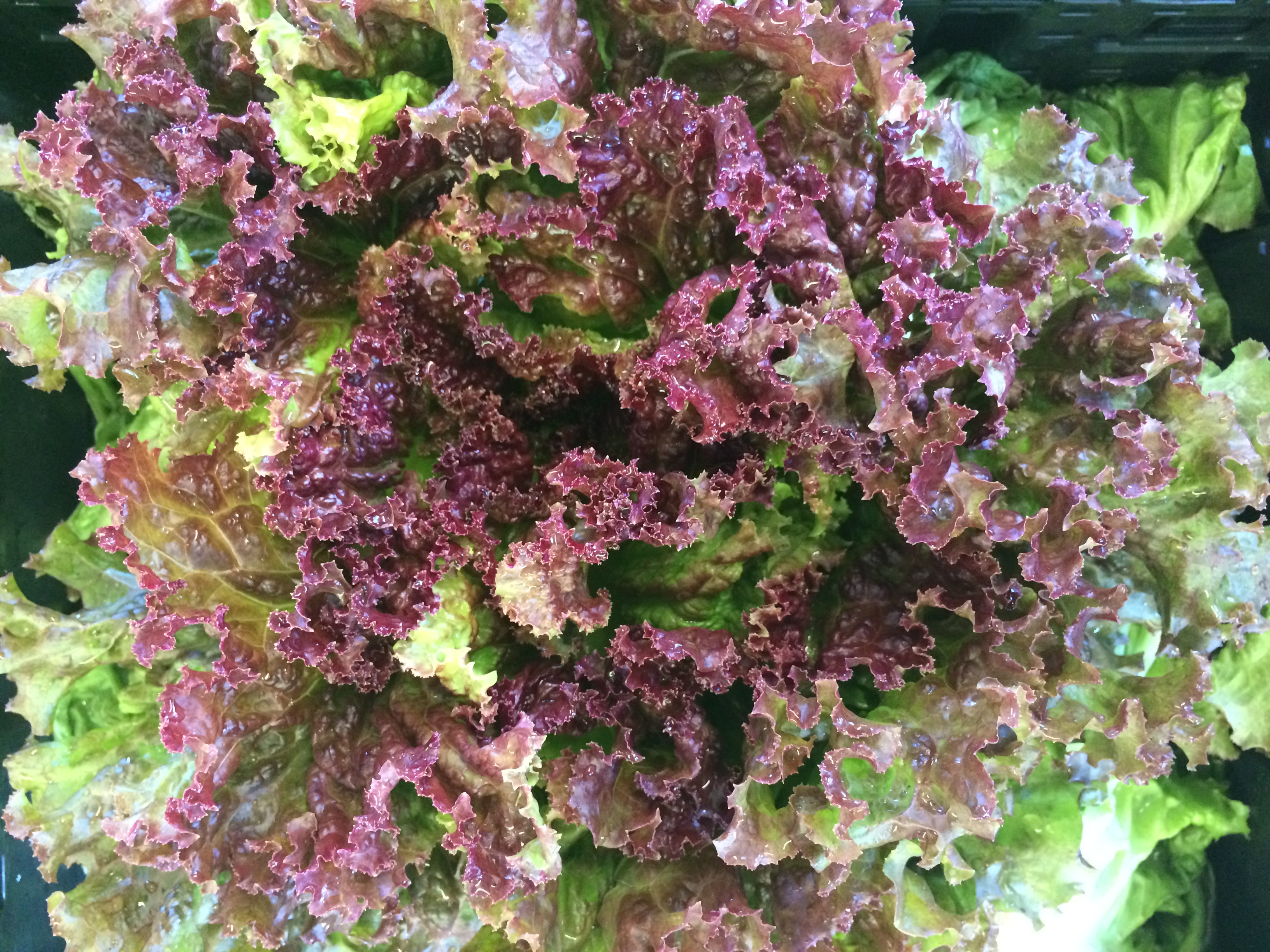
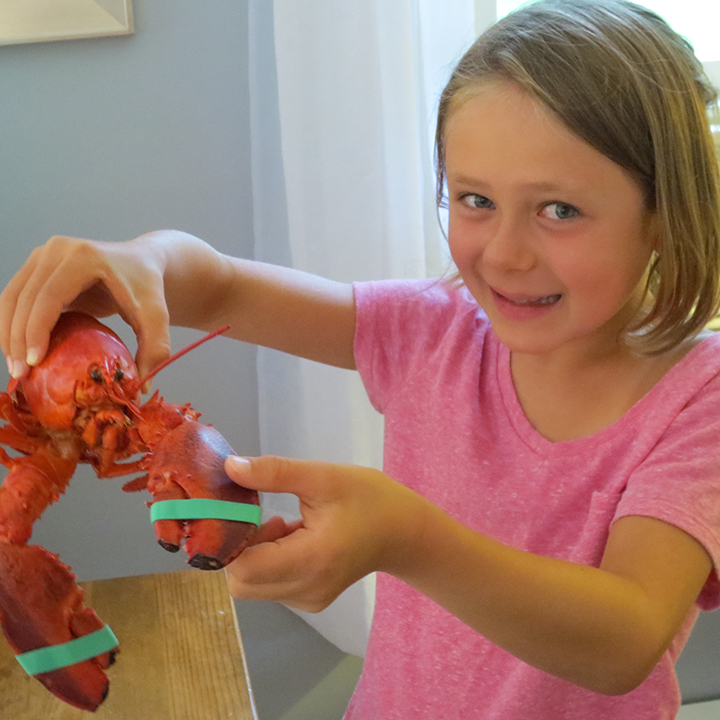


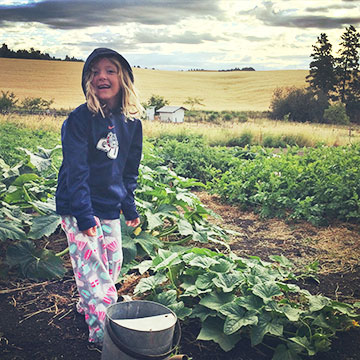
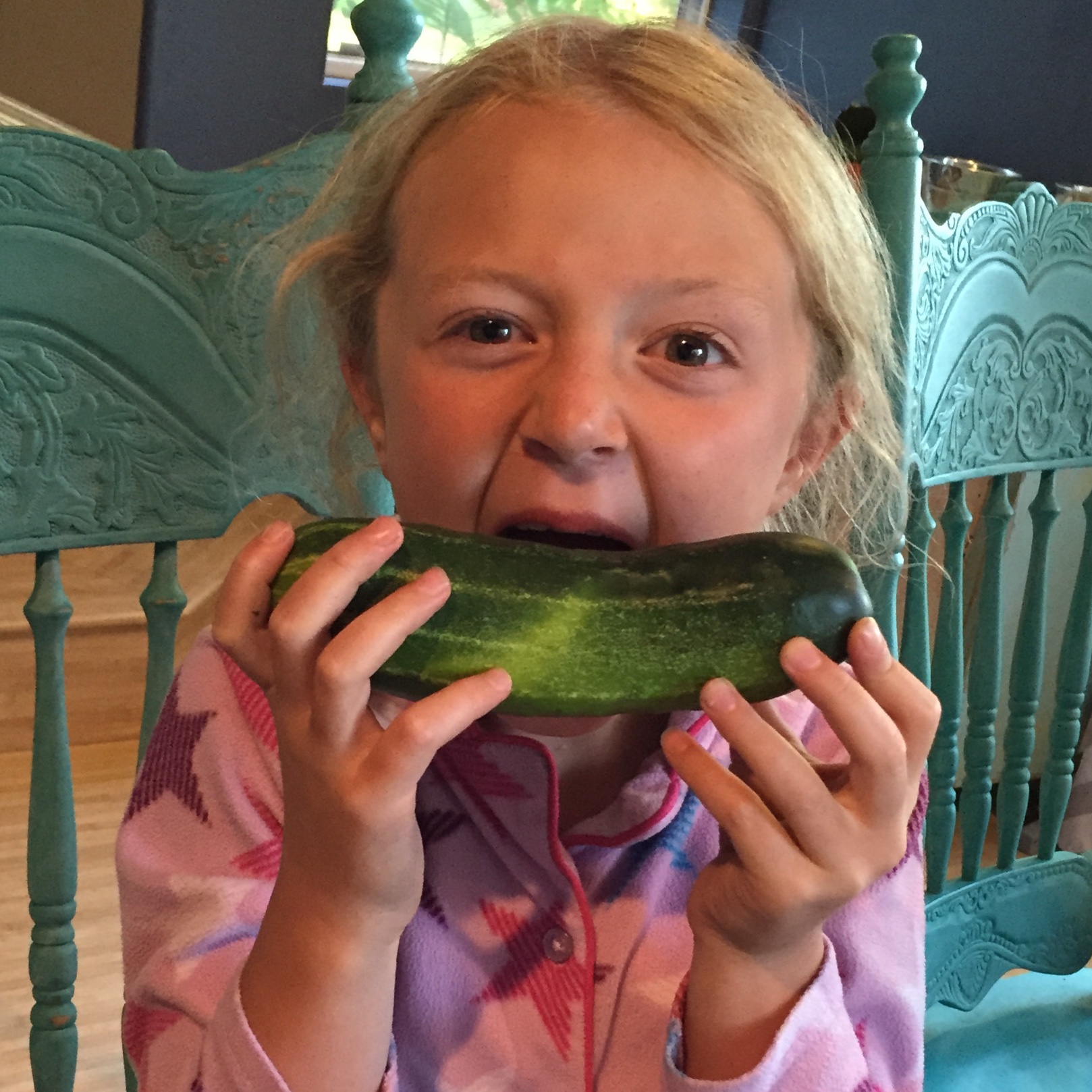 Then we peeled it and added a titch of salt.
Then we peeled it and added a titch of salt.


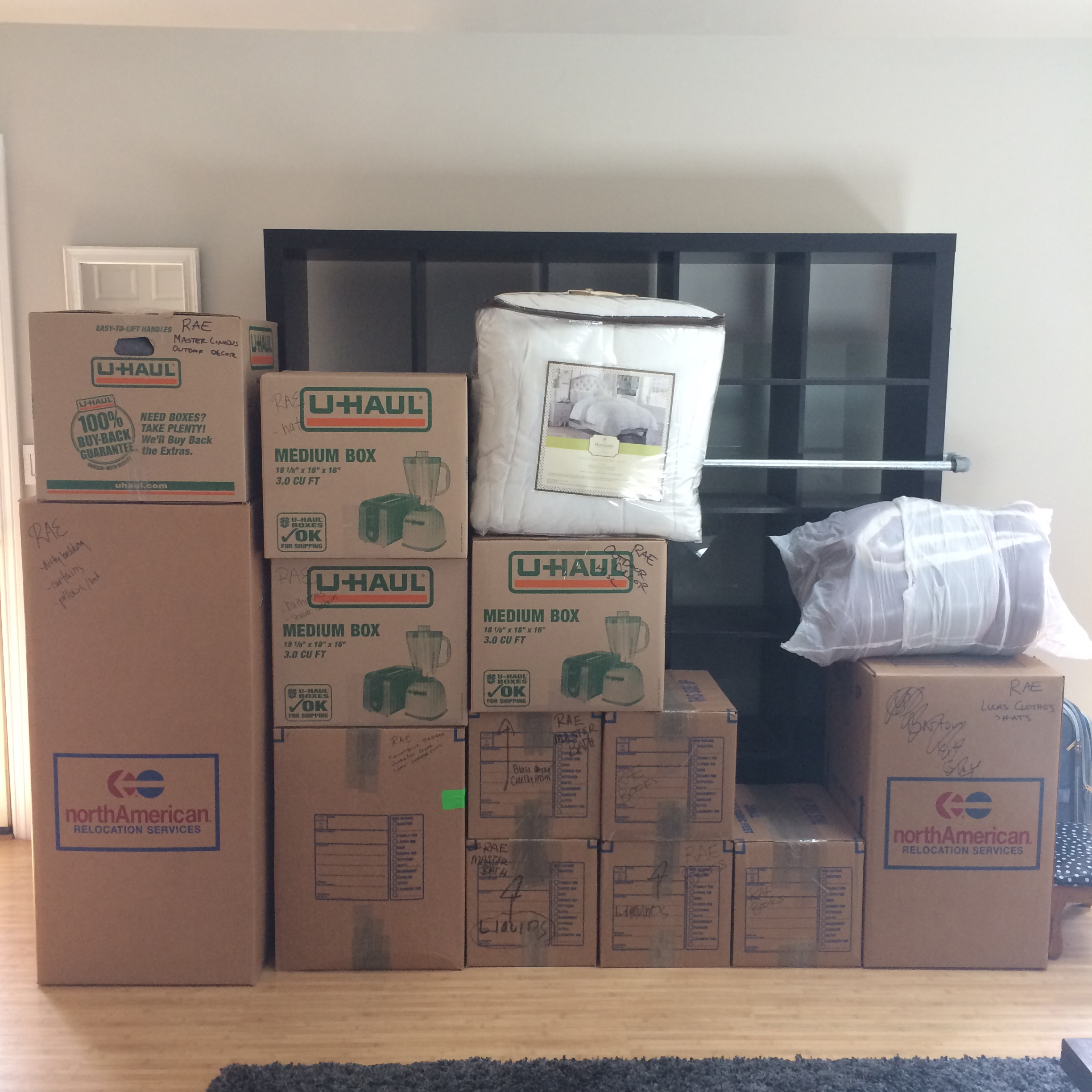
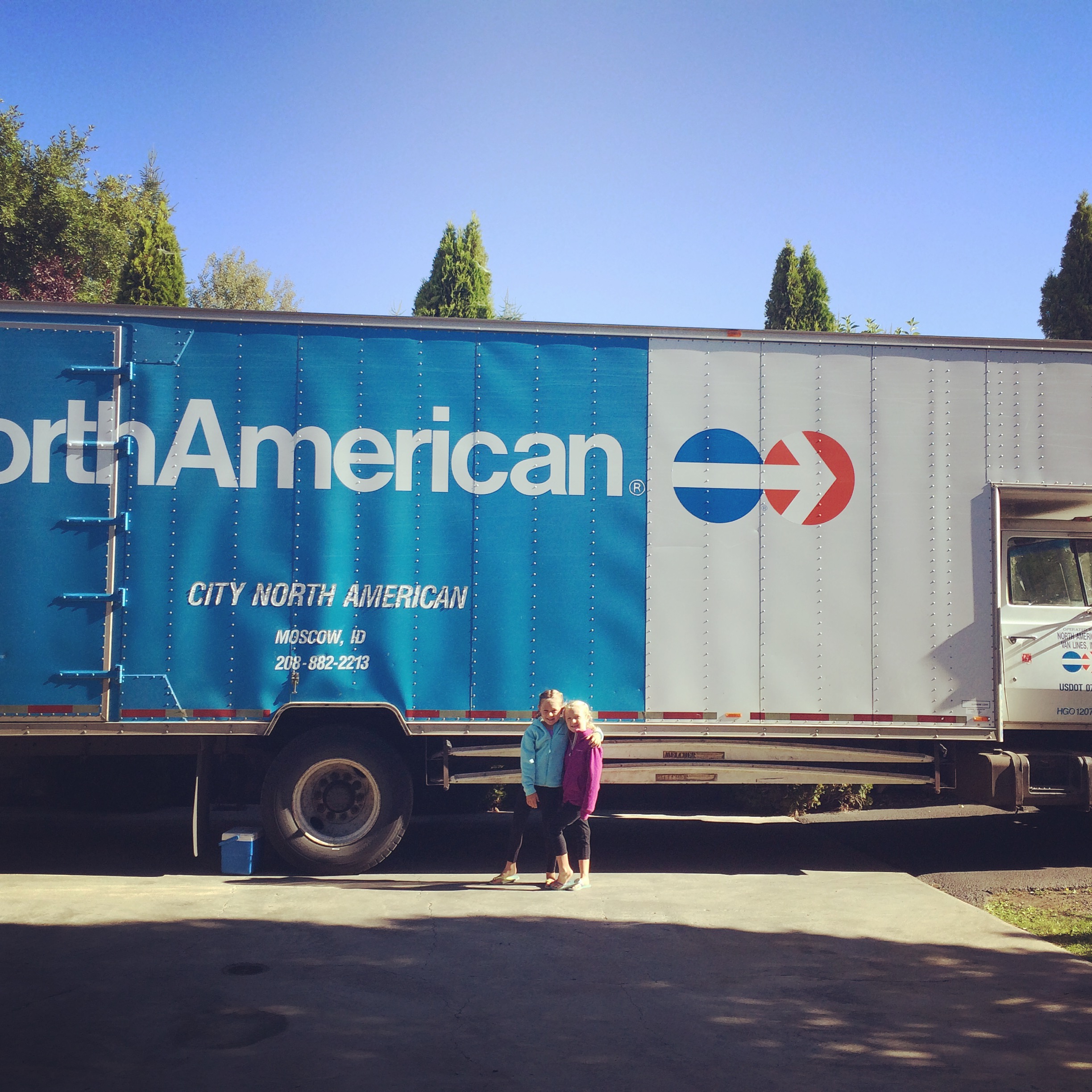

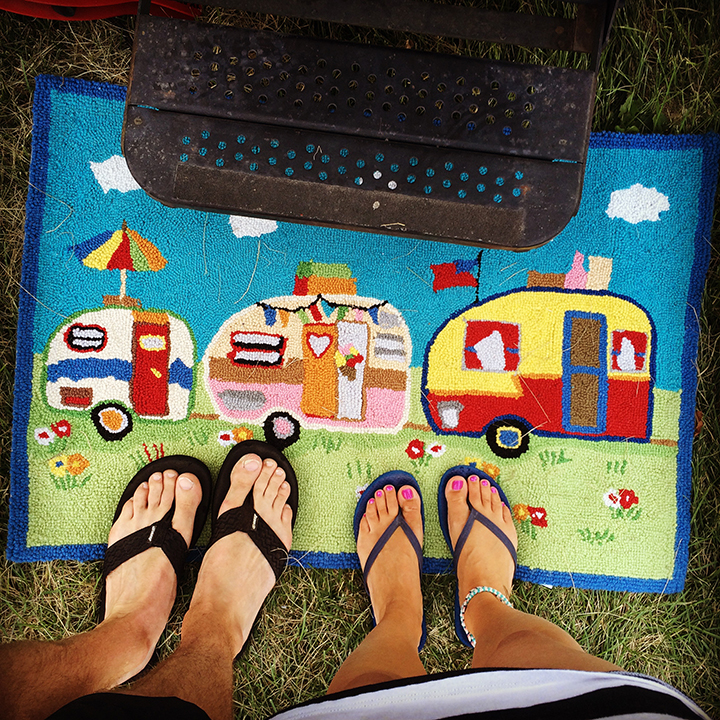 I adorned my stoop with my new rug, shook out my checkered tablecloth for the picnic table, hung some lace and ribbons, and hubby and I officially took our Tabitha glamping at The Gorge Amphitheater in George, Washington.
I adorned my stoop with my new rug, shook out my checkered tablecloth for the picnic table, hung some lace and ribbons, and hubby and I officially took our Tabitha glamping at The Gorge Amphitheater in George, Washington. The Gorge hosts a spectacular concert and sunset too!
The Gorge hosts a spectacular concert and sunset too! We had a wonderful time and can’t wait to take our
We had a wonderful time and can’t wait to take our 
